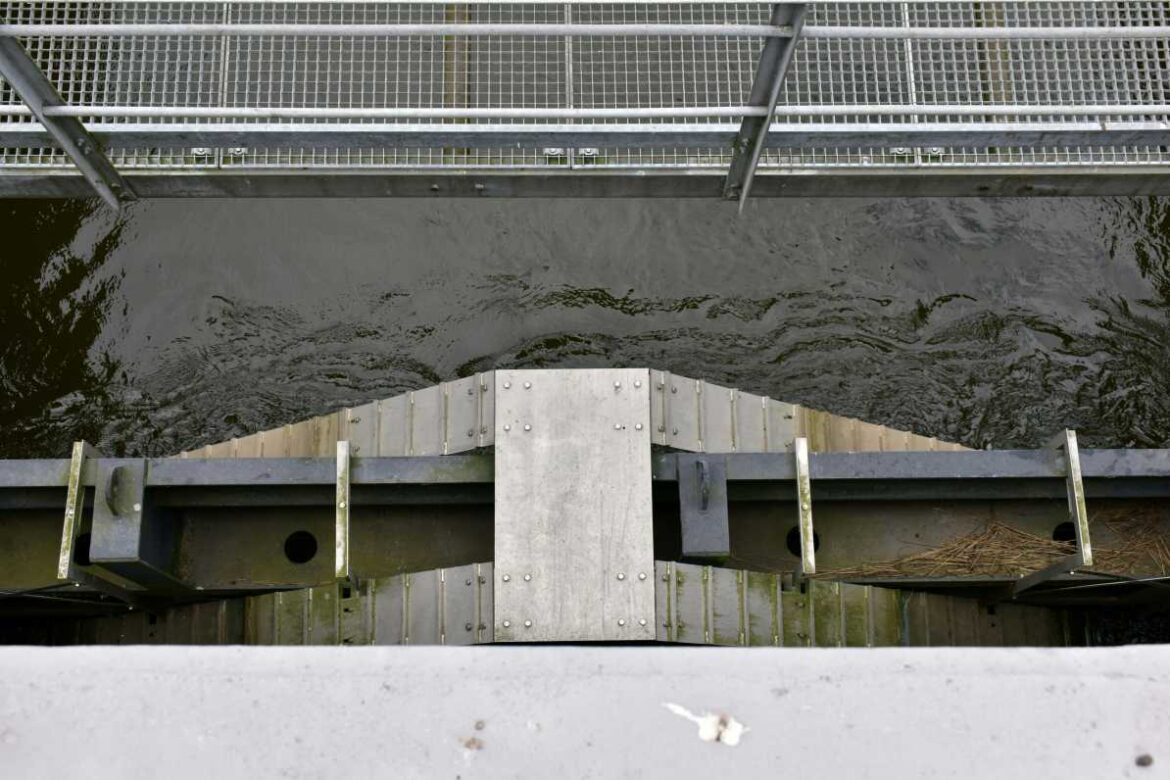Plastic pollution has become a global crisis that is having a devastating impact on marine life. As millions of tons of plastic waste end up in the world’s oceans each year, marine animals are becoming increasingly endangered and their habitats are being destroyed. From plastic bags to microplastics, the presence of plastic in the ocean is having serious consequences for the creatures that call it home.
One of the main ways that plastic pollution affects marine life is through ingestion. Many marine animals mistake plastic items for food and consume them, leading to internal injuries, starvation, and even death. For example, sea turtles often mistake plastic bags for jellyfish, a main part of their diet. The ingestion of plastic can cause blockages in their digestive tracts, preventing them from eating actual food and ultimately leading to malnutrition and death.
Additionally, the chemicals leached from plastic items can also have harmful effects on marine life. Many plastics contain toxic chemicals such as phthalates and bisphenol A, which can disrupt hormones, damage organs, and weaken immune systems. These chemicals can be absorbed by marine animals through ingestion or through the water they live in, leading to a range of health problems and reproductive issues.
Plastic pollution also poses a physical threat to marine animals by entangling them in debris. Fishing nets, plastic packaging, and other items can wrap around marine animals such as dolphins, whales, and seals, causing injuries, infections, and even death. The presence of discarded fishing gear, known as ghost nets, is particularly dangerous as it continues to trap and kill marine animals long after it has been discarded.
In addition to the direct impact on individual animals, plastic pollution also has broader implications for marine ecosystems as a whole. As plastic waste accumulates in the ocean, it alters habitats, smothers coral reefs, and disrupts food chains. The presence of plastic debris can also create barriers for marine animals, preventing them from accessing their natural habitats or breeding grounds.
To address the growing problem of plastic pollution, it is essential for individuals, communities, and governments to take action. This includes reducing plastic consumption, properly disposing of waste, recycling whenever possible, and supporting initiatives to clean up the oceans. By making sustainable choices and raising awareness about the impact of plastic pollution on marine life, we can help protect our oceans and the creatures that inhabit them.
In conclusion, the impact of plastic pollution on marine life is both significant and far-reaching. By taking steps to reduce our use of plastic and properly dispose of waste, we can help preserve the health of our oceans and the incredible biodiversity they support. Learn Turkish language and join the movement to protect our planet’s precious marine ecosystems.

